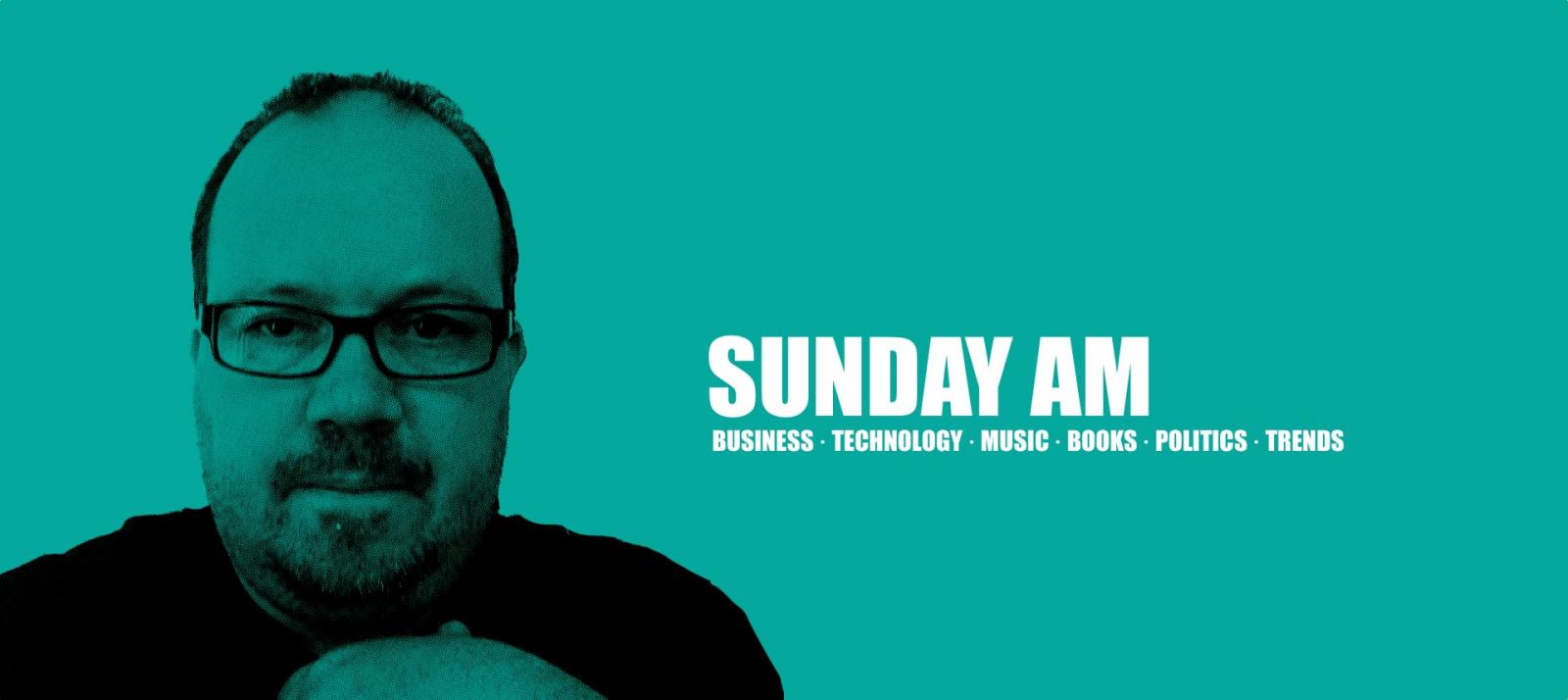
This week Elon Musk finally got his Starship safely down to earth again. It was amazing to watch, and as this is one of the largest machines ever created, to see it fly and land with a soft touchdown was truly amazing. I chose to write about this in my Sunday AM chronicle because Starship represents so many different aspects of technology. Not only Space but also a kind of Wild-West approach to conquering the unknown. Musk's visions with Starship are something we miss in the printing industry - somebody who really pushes the boundaries. Most of the technologies we see in our industry are iterations of technology already in the market, so it will be exciting to know when the next big step comes to market.
This time I want to share one of my favorite tunes - here played live. Very groovy, funky, and as I am a keyboard player myself, challenging to play - and well - listen to this yourself, and let me know what you think! The song is called 'Velours' and performed by the artist Anomalie from Montreal, Canada. I like!
The Danish investor and author Lars Tvede wrote an exciting book some years ago called 'The Creative Society' - and it's worth your time. The book speculates why empires cease to be strong. Egypt, Greece, Italy, France, the UK all had Empires that thrived and suddenly stopped being strong and important. Lars Tvede has looked into the history, and it seems there is a clear indication that the more regulated a society becomes, the more innovation fails. If you look at current times sourcing to China and other Asian countries - innovation is driven more and more from the fast-growing economies, typically in Asia. Of course, there is no one truth, but The Creative Society has some interesting findings. The inspiration I find from this book is about developing companies with a minimum of bureaucracy - and I am sure if you look at the company you work in, you might quickly see routines and ways that could be improved. That improvement will not only benefit the company but, more importantly, the customers!
Login
New User? Signup
Reset Password
Signup
Existing User? Login here
Login here
Reset Password
Please enter your registered email address. You will recieve a link to reset your password via email.
New User? Signup